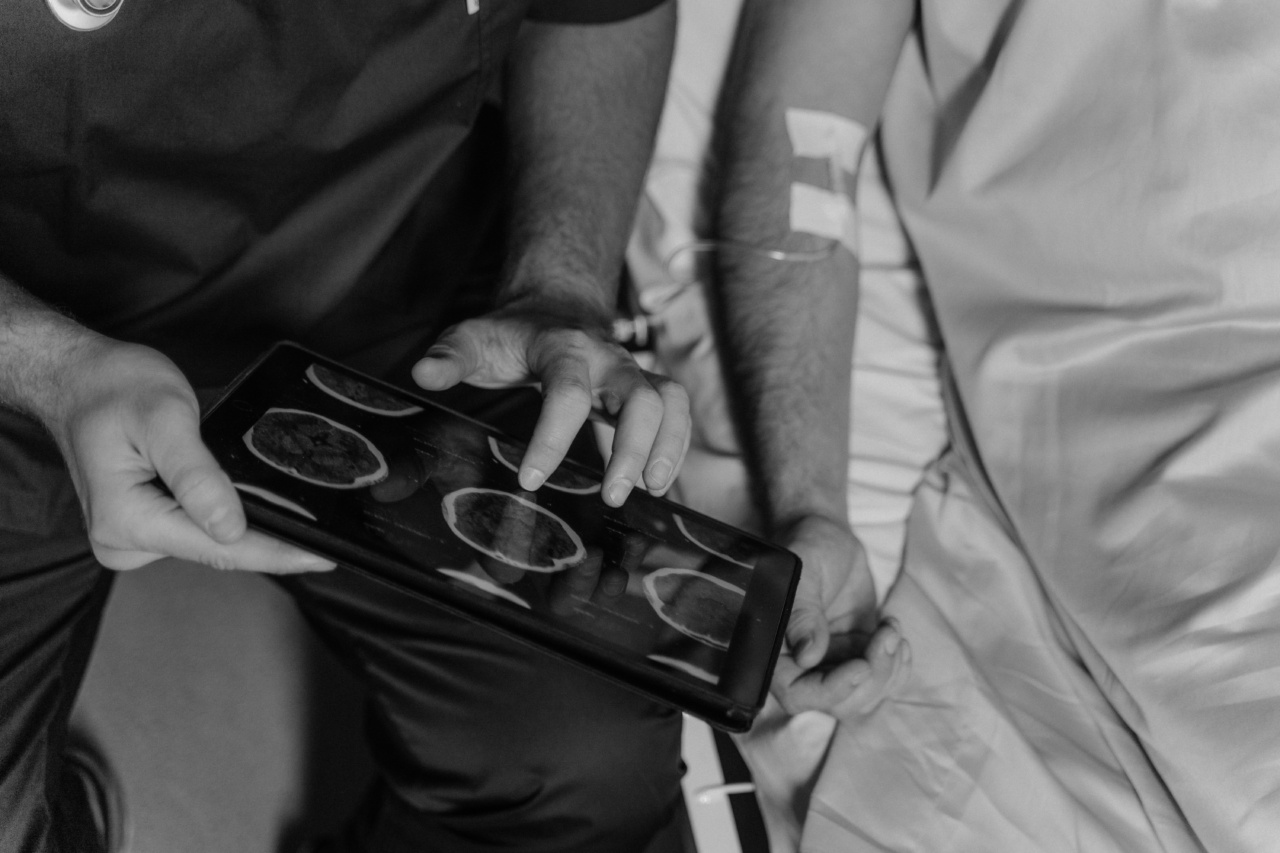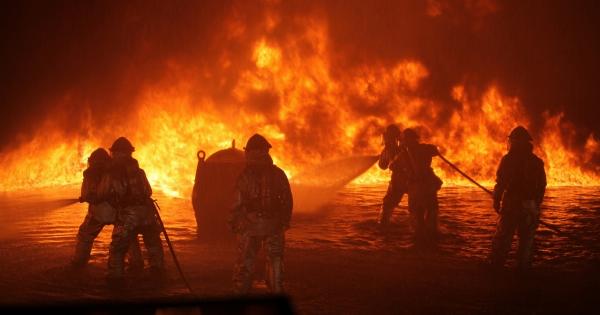When Cancer First Showed Up: 11,000 Years Ago.
The Origins of Cancer
For hundreds of centuries, humans have battled against various diseases and health conditions. One of the most enduring and deadly diseases is cancer.
While cancer appears to be a relatively modern epidemic, evidence suggests that it has plagued humanity for thousands of years.
Historical Evidence
Archaeologists and anthropologists have discovered ancient human remains showcasing signs of cancer. The oldest evidence dates back to around 11,000 years ago, during the Paleolithic era.
These findings have paved the way for a deeper understanding of the disease’s origin and its impact on past civilizations.
Ancient Tumors
Analyzed skeletal remains from various ancient sites have provided crucial insights into the prevalence of cancer in early human populations. These ancient tumors offer irrefutable evidence of cancer’s existence thousands of years ago.
Neanderthals and Cancer
Neanderthals, our extinct hominin relatives, also experienced cancer. In 2013, researchers discovered a 120,000-year-old Neanderthal rib bone with a tumor.
This finding suggests that cancer was not limited to modern humans but affected our ancient ancestors as well.
Cancer in Ancient Egypt
The ancient Egyptians left behind vast records of their medical practices, including descriptions of tumors and techniques to treat them.
These documented cases indicate a clear recognition and knowledge of cancer among the Egyptian population thousands of years ago.
Cancer Descriptions in Medical Texts
Ancient civilizations, such as the Greeks and Romans, detailed observations of cancer in various medical texts.
The Greek physician Hippocrates, often regarded as the father of medicine, documented cases of breast and uterine cancer as early as 400 BCE.
Ancient Treatments for Cancer
Throughout history, individuals have attempted treatments for cancer, even if they lacked a scientific understanding of the disease.
Ancient Egyptians pioneered surgical techniques to remove tumors, while others turned to herbal remedies and incantations in hopes of a cure.
Evolution of Cancer
Cancer has changed and evolved over time, influenced by factors such as lifestyle changes, environmental factors, and advances in healthcare.
It is crucial to comprehend the history of cancer to better understand its impact on present-day societies and develop effective prevention strategies.
The Modern Cancer Epidemic
While cancer has been present for thousands of years, its prevalence has increased dramatically in recent times.
Factors such as industrialization, exposure to carcinogens, and lifestyle choices have contributed to the rise of cancer as a global health crisis.
Advancements in Cancer Research
In the last century, significant progress has been made in cancer research and treatment.
From the discovery of chemotherapy to breakthroughs in targeted therapy and immunotherapy, medical science has made tremendous strides in combating this devastating disease.
Conclusion
From evidence found in ancient remains to the modern-day battle against cancer, this disease has persisted throughout human history.
Understanding the origins and evolution of cancer allows us to better appreciate the importance of research and prevention efforts in tackling this global health challenge.




























